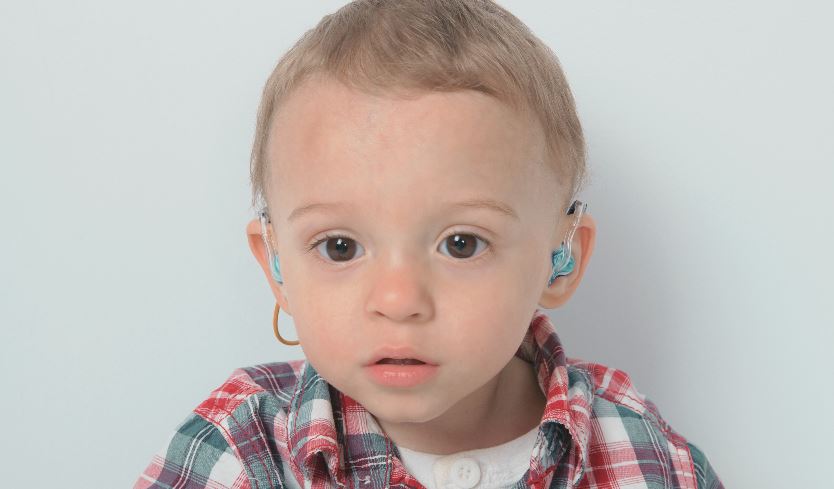What should we be looking for in the new year?
Just a reminder about what we need to be monitoring for children with hearing loss.
Monitor technology
You cannot assume because a child has technology on that it is doing what it should do. NEVER ASSUME. Technology needs to be checked daily. Do a listening check with the right technology alone, the left technology alone and with two ears together. If a child is using a remote mic system test with that also.
Why do we need to test each ear separately? Because children are not good at reporting when one piece of technology is not working. They will not recognize when one hearing aid or CI is not working as long as one is.
I recommend using the LMH test to check that technology is working. Test at close (right, left, binaural) and also at 3 feet and 6 feet (binaural).
Insist that the audiologist shares information about how the child is hearing so that we are sure children are getting all the auditory access they need.
Check how many hours a day the child is wearing technology
Research is clear that children who wear technology 10 or more hours/day do significantly better than children who wear technology for less time.
This is critical. Be sure that children have technology on every waking hour. Many children want to take technology off after school. They have worked hard to listen all day long and want a rest. I understand and sympathize. But that rest has to be short. Half an hour and then technology has to go back on.
How well does the child understand with technology?
It is not enough to have technology on and to know that someone is talking. Children need to understand what is said.
The Listening and Spoken Language specialist or speech-language pathologist will be able to help determine how much a child is understanding. Parents can also work on this by asking questions to younger children that they cannot anticipate and, with older children, read to them and have them repeat what is read. Use books that are a little more difficult than they could read on their own.
Build vocabulary
The more language a child has, the easier it will be to fill in the missing parts that they do not hear. Work on building language skills and vocabulary from science, math, history at school.
Think how much more they will learn if they know the vocabulary before concepts are taught in school!!
Check academics
Do not assume that because a child is passing they are doing the best they can do. Good enough is not good enough. Be sure they are learning what they need to learn. How do the child’s skills compare to what is expected of children with typical hearing. If a child is falling behind, find out why. And work to fix it.
Be sure everyone working with the child shares information
If everyone working with a child (including general classroom teacher and family) share information about progress, concerns and areas needing improvement, the child has the best chance of doing well. Figure out a way to facilitate communication.
Group chat, group email, zoom call periodically, are all possibilities.
Our kids can be stars if we lead the way.






